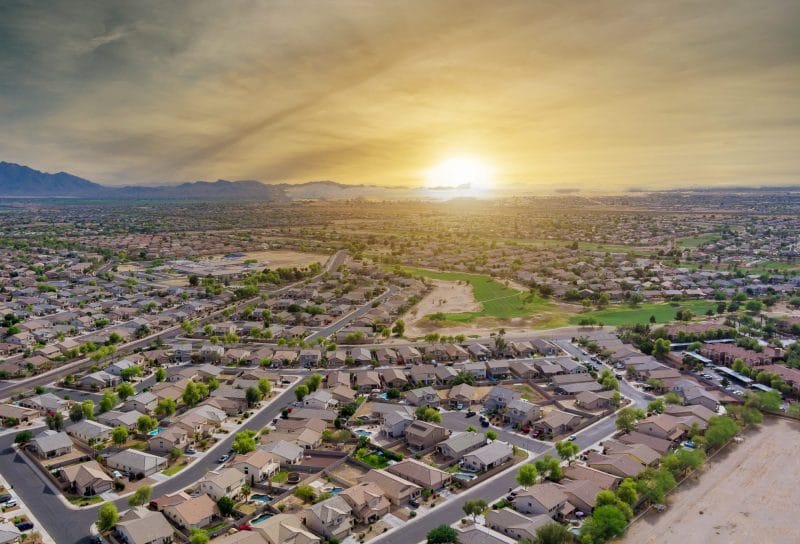By Mark Flatten | National Investigative Reporter/Goldwater Institute
 othing seems unusual about the proceedings in Yuma Municipal Court. On one typical day, a procession of defendants appeared in front of the two full-time city judges. One man had been ticketed for failing to register his car on time. Another faced criminal charges for failing to wear his eyeglasses while driving. Yet another was convicted of slapping his girlfriend. That’s all standard fare in city courts.
othing seems unusual about the proceedings in Yuma Municipal Court. On one typical day, a procession of defendants appeared in front of the two full-time city judges. One man had been ticketed for failing to register his car on time. Another faced criminal charges for failing to wear his eyeglasses while driving. Yet another was convicted of slapping his girlfriend. That’s all standard fare in city courts.
What is unique in Yuma is the judges. They are elected by the people, not appointed by the politicians.
In every other Arizona city, municipal court judges answer to the city council, the political branch of government. In those cities, the mayor and council hire the judges and decide whether they will keep their jobs.
But Yuma has been electing its judges since the city’s first charter after statehood was adopted in 1914. Judges there run for office, just like the mayor and council. That gives the judges in Yuma a level of independence that judges in other cities do not have, said James Coil, presiding judge of Yuma Municipal Court.
Coil said he knows who the mayor and members of the city council arecand might attend a council meeting every year or two, but rarely has any interactions with them.
The council sets Coil’s budget and finances the court, but other than that leaves him alone. Even those budget discussions are handled by his court administrator, so he is free to do what he is supposed to do: weigh the circumstances of each case individually and dispense justice impartially.






